The Devon Rural Archive has opened an exhibition about local farmers rising to the challenge of the First World War.
Just over 100 years ago, two local men, Frank Farleigh from South Pool and Frederick Pound from Beeson answered Kitchener’s call to fight for their country in the First World War.
Both young men worked as horsemen at Dunstone Farm, Stokenham, for farmer John Lizard and his sister Susan. Sadly both were killed in action during the early years of the war.
Their story is typical of many presented at a new exhibition just opened at the Devon Rural Archive, at Shilstone, near Modbury, entitled: ‘For King and Country: How South Devon farmers rose to the challenges of World War 1’.
Abi Gray of the DRA said: “War was declared on 4 August 1914, and just over a month later 500,000 young men had responded to an appeal for volunteers to join the British army that appeared in publications nationwide, including the South Devon Gazette.
“This lead to a shortage of young, skilled labour in farms, factories and offices and put a lot of pressure on the agricultural community in South Devon, especially as the farms had to feed not only themselves but the rest of the country and the armed forces.”
The war impacted farming in numerous ways. More women had to help out on farms, feeding animals and working in the fields and in early 1917 the Women’s Land Army was formed.
As well as losing labourers, many farmers also had to give up their horses to the war effort, as documented in the film “War Horse”, and men not eligible for the war effort, due to age for example, could join the Volunteer Defence Corps.
The exhibition has been created by volunteers and staff at the DRA over the past 12 months and was researched using historic land management documents held at the archive, many of them donated by estate agents Luscombe Maye, as well as other documentary sources such as trade directories, census returns and old newspapers.
It is funded by the ‘Devon Remembers Heritage Project’, which gives local people an opportunity to explore the county’s First World War experience and share stories about life in Devon 100 years ago. This lottery funded initiative is led by the South West Heritage Trust, a new charity that celebrates and protects our region’s rich heritage.
Abi said: “Why not come along to the exhibition and find out how the resilient South Devon community coped with the impact of the war?
“Many of the families featured are still farming here today and I’m sure it would be interesting for them, as well as their friends and relatives, to discover more about their history and their farms from the documents we have here at the archive.”
The exhibition will be open throughout the year and entry is free. The Devon Rural Archive is open Mondays (except bank holidays), Tuesdays and Thursdays between 11am and 3pm.
For more information, visit the DRA website: www.devonruralarchive.com.
All photos courtesy of the Devon Rural Archive.
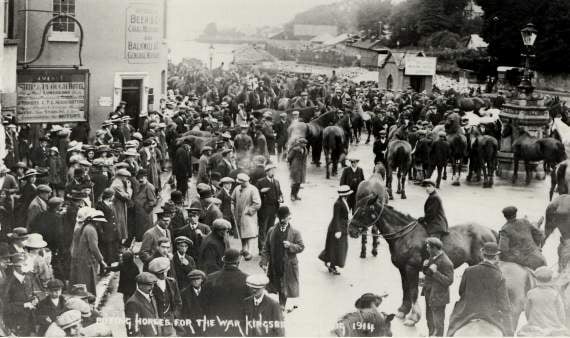
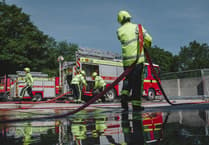
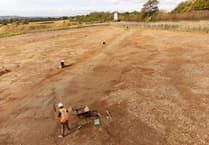
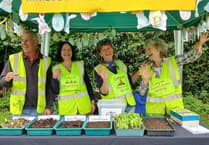
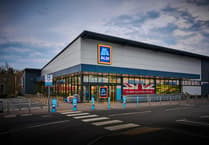
Comments
This article has no comments yet. Be the first to leave a comment.